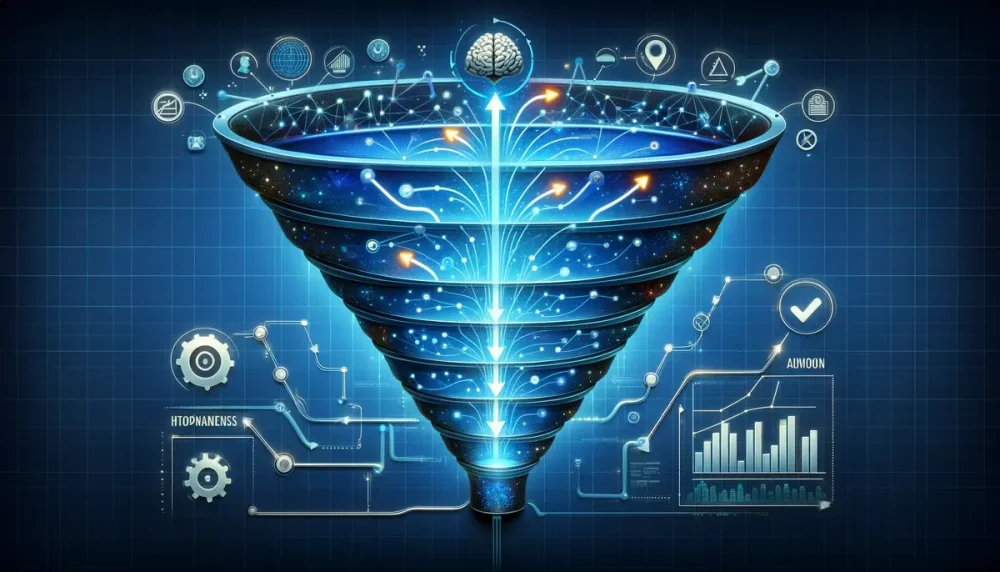Selling business-to-business (B2B) is a different beast compared to selling to consumers. It’s not just about offering the best product or service — it’s about understanding how business buyers think, feel, and make decisions. If you want to boost your B2B sales, tapping into the psychology of B2B decision-making is key.
Here’s how you can use psychological principles to win more deals — and build lasting client relationships.
1. Understand the Emotional Side of B2B Sales
A common myth is that B2B buyers are purely rational. After all, they’re making decisions on behalf of a company, right? In reality, emotions still play a huge role.
Fear of making the wrong decision, excitement over innovation, or trust in a salesperson can heavily sway choices. B2B buyers are often risk-averse — they want solutions that will make them look good and keep them safe. Understanding this can help you position your offer as the “safe bet” while still highlighting innovation.
Tip: Showcase social proof (like testimonials, case studies, or client logos) and emphasize reliability and security in your pitch.
2. Focus on Relationships, Not Transactions
In B2B, you’re not selling to a company — you’re selling to people inside that company. Building strong, authentic relationships with decision-makers is crucial. Buyers are more likely to choose vendors they know, like, and trust.
Relationship-building doesn’t happen overnight. It involves consistent communication, genuine value, and active listening. When a buyer feels heard and respected, they’re much more open to saying “yes.”
Tip: Invest in regular check-ins that aren’t always about the sale. Share valuable insights, industry news, or even congratulate them on a recent success.
3. Understand the Buying Group Dynamics
B2B purchases often involve multiple stakeholders: users, managers, procurement officers, and executives. Each person has different concerns and priorities.
Psychologically, when people make decisions in groups, they seek consensus and validation. This means your sales process needs to equip everyone in the buying group with the information they need to support your solution internally.
Tip: Create tailored content (like presentations or one-pagers) for different audiences inside your target account.
4. Position Yourself as a Trusted Advisor
Modern B2B buyers don’t want pushy salespeople. They want experts who can guide them toward smart decisions. Shifting from “seller” to “advisor” taps into psychological principles like authority (people trust perceived experts) and reciprocity (people feel compelled to give back when given value).
Tip: Offer insights, solve small problems for free, and demonstrate a deep understanding of their industry. You’ll become the obvious choice when they’re ready to buy.
5. Simplify the Buying Process
B2B sales can sometimes get bogged down in complexity. The easier you make it for someone to say “yes,” the faster you close deals.
From a psychological standpoint, decision fatigue is real: the more options or steps you present, the less likely buyers are to act. Streamlining proposals, reducing jargon, and clearly outlining next steps all help overcome this mental hurdle.
Tip: Use clear, action-oriented proposals and minimize unnecessary steps. Make every stage of the process feel easy and risk-free. To learn more about the psychology of buying, you could consider enrolling in a free copywriting course with certificate.
Final Thoughts
Increasing B2B sales isn’t just about better products or services, bigger discounts, or sharper presentations — it’s about understanding how people make decisions when they’re spending company money.
By recognizing the emotional drivers behind B2B purchases, focusing on relationship-building, managing group dynamics, positioning yourself as an advisor, and simplifying the buying journey, you’ll be far more effective (and trusted) than the average salesperson.
At the end of the day, psychology isn’t just something to think about — it’s the foundation of every successful B2B sale.
Explore Textify’s AI membership
Need Data? Explore the world’s largest Charts database
Explore insights with Textify Analytics
